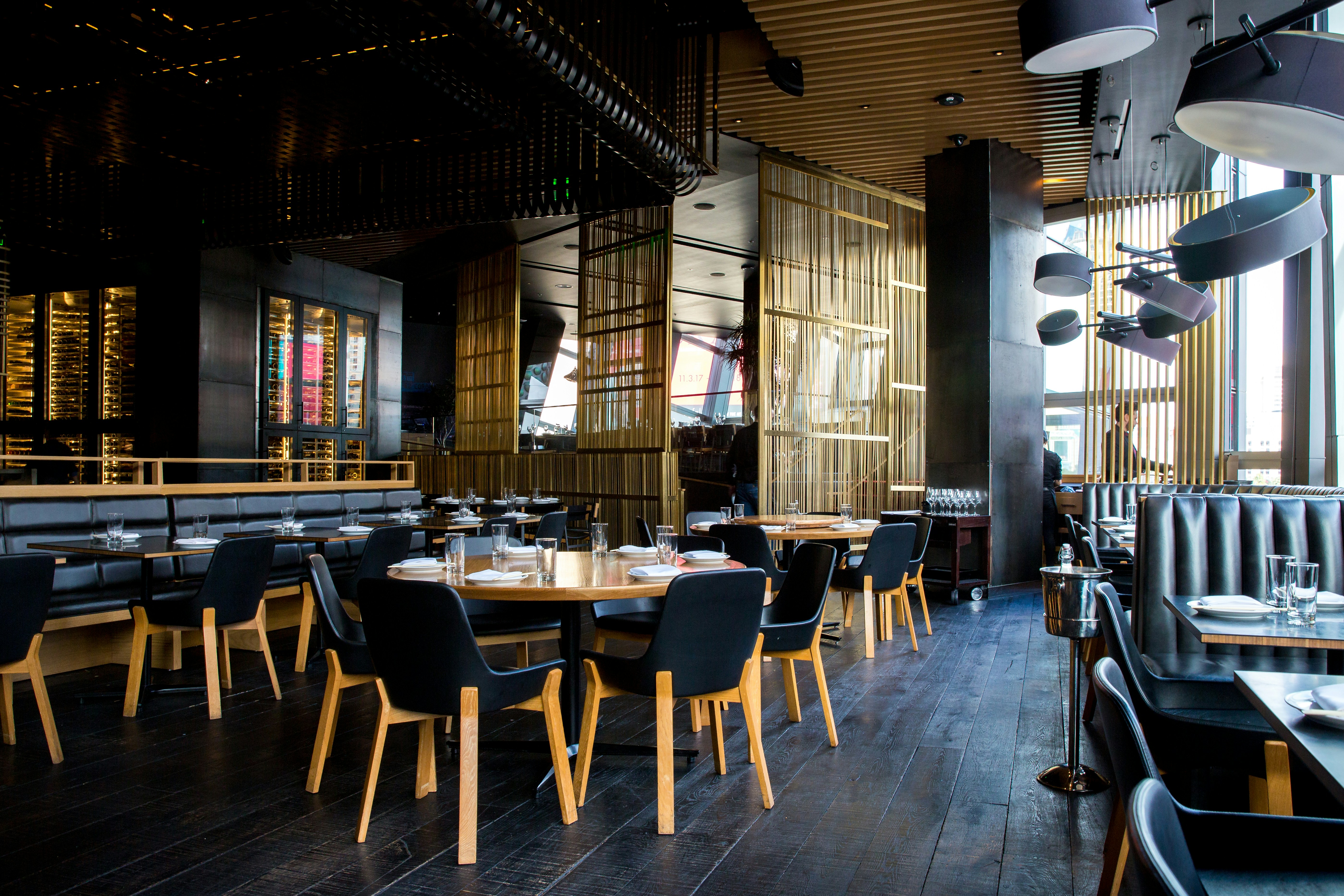Brinker International’s Sustainability Initiatives: Reducing Waste and Carbon Footprint in Casual Dining
April 25, 2025 | by hughespaul052@gmail.com
 Photo by Kumpan Electric on Unsplash
Photo by Kumpan Electric on Unsplash Brinker International’s Sustainability Initiatives: Reducing Waste and Carbon Footprint in Casual Dining
As environmental concerns rise, Brinker International—the operator behind Chili’s Grill & Bar and Maggiano’s Little Italy—has committed to ambitious sustainability goals across its restaurants. By tackling waste reduction, adopting green packaging, investing in renewable energy, and sourcing responsibly, Brinker is not only protecting the planet but also driving operational savings and strengthening its brand promise.
1. Waste Reduction and Food Rescue Programs
Zero-Waste Targets:
- Brinker aims to divert 75% of kitchen and dining waste from landfills by 2027.
- Food Rescue Partnerships: Through collaborations with local food banks, excess fresh ingredients and prepared meals are donated nightly, preventing thousands of pounds of food waste each month.
- Composting Pilots: Select restaurants compost produce scraps and coffee grounds, converting them into nutrient-rich soil for community gardens.
Impact:
In 2024 alone, Brinker’s food-rescue program redistributed over 500,000 pounds of surplus food, feeding 200,000 individuals in underserved communities.
2. Sustainable Packaging and Single-Use Plastic Reduction
Green Packaging Initiatives:
- Plant-Based To-Go Containers: All take-out boxes and clamshells are transitioning to certified compostable materials made from sugarcane bagasse.
- Eliminating Single-Use Plastics: Straws, stirrers, and plastic lids have been replaced with paper or reusable alternatives in over 1,500 U.S. locations.
- Reusable Dishware Incentives: In markets with on-site dining, Brinker piloted discount programs for guests who opt out of disposable utensils.
Impact:
These measures cut approximately 12 million single-use plastic items from restaurant operations each year, significantly reducing landfill burden.
3. Energy Efficiency and Renewable Power
Restaurant Retrofits:
- LED Lighting Conversions: All dining and back-of-house areas have been upgraded to high-efficiency LEDs, lowering electricity use by up to 50%.
- Smart HVAC Controls: IoT sensors monitor occupancy and outdoor conditions, optimizing heating and cooling to reduce energy consumption.
Renewable Energy Procurement:
- Brinker has signed power-purchase agreements for solar credits in key states, ensuring that 20% of its U.S. electricity usage is offset with renewables by 2025.
- EV Charging Stations: Pilot installations of electric vehicle chargers in restaurant parking lots encourage low-emission commuting.
Impact:
Across its U.S. portfolio, Brinker achieved a 15% reduction in scope-2 emissions since 2021 and continues to scale clean-energy contracts.
4. Responsible Sourcing and Supply-Chain Transparency
Ethical Sourcing Standards:
- Sustainable Seafood: Adheres to Marine Stewardship Council guidelines for wild-caught fish and ASC certification for farmed options.
- Humanely Raised Proteins: Partners with ranchers following Global Animal Partnership standards for the welfare of cattle and poultry.
- Seasonal & Local Produce: 30% of fresh vegetables and herbs are procured from regional farmers, reducing transportation miles and supporting local economies.
Supplier Code of Conduct:
All key vendors sign a sustainability agreement covering labor practices, environmental management, and ethical business conduct—with annual audits to ensure compliance.
5. Measuring and Reporting Progress
Annual Sustainability Report:
Brinker publishes detailed metrics on waste diversion, energy use, greenhouse-gas reduction, and sustainable-sourcing percentages. Key 2024 highlights include:
- Waste Diversion Rate: Reached 60% system-wide, up from 45% in 2022.
- Electricity Reduction: Saved 18 million kWh through lighting and HVAC upgrades.
- Local Sourcing Growth: Increased regional produce spend by 15%.
Science-Based Targets:
Brinker has committed to Science-Based Targets Initiative (SBTi) validation by 2026, aligning its emissions-reduction roadmap with global climate goals.
Final Thoughts
By integrating waste minimization, green packaging, energy efficiency, and responsible sourcing into its core operations, Brinker International exemplifies how casual-dining leaders can champion sustainability. These initiatives yield both environmental benefits and cost savings—while appealing to eco-conscious guests and team members.
✔️ Diverting food and packaging waste through rescue and composting
✔️ Cutting single-use plastics with compostable alternatives
✔️ Lowering energy use via LED & smart controls plus renewable contracts
✔️ Ensuring supply-chain ethics with certified vendors
✔️ Reporting transparently and setting science-based targets
RELATED POSTS
View all


